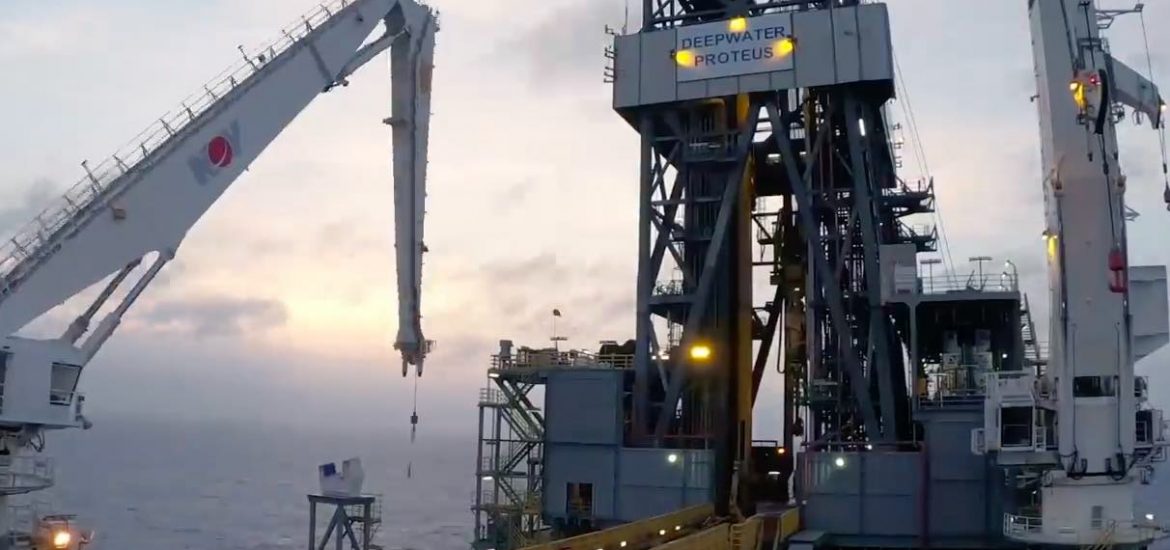
North Sea producer Premier Oil says it will cut its spending programme by at least US$100 million this year as it looks to offset the impact of the oil price fall.
North Sea companies have sought to reassure investors that they can endure this week’s oil price crash.
Premier is currently looking to acquire North Sea assets from BP and the Korea National Oil Corporation. The oil and gas firm said discussions were being held to reduce its 2020 capital expenditure programme by US$100 million or more, with the potential for heavier cutbacks.
Premier said its fields continued to perform well and reiterated full-year production guidance of 70,000-75,000 barrels per day (bpd).
Asia Research and Capital Management (ARCM), a Hong Kong hedge fund that is Premier’s biggest lender, wants the oil producer to abandon the deals and aim to pay off debt.
“Premier Oil should be focusing on its cash flow position and protecting the balance sheet as a matter of priority,” ARCM stated. “We encourage the company to engage with its creditors to find a long-term solution which would significantly reduce leverage and provide a stable balance sheet.”
Premier gained enough shareholder support in February to move the agreements through to legal processes. ARCM is still reportedly considering its options.
The oil and gas firm is seeking court approval for the acquisition of oil and natural gas fields in the North Sea and the extension of more than US$2 billion debt maturities until 2023.
At current levels, Premier could lose US$1.2 million per day, ARCM said.
Premier CEO Tony Durrant said at the start of the month that the company would not change its oil price forecast of US$65 per barrel for this year and 2021. That was before talks between Opec and Russia fell apart last week and no deeper production limits deal was agreed.
Premier said 40 per cent of its oil production in the UK was hedged at US$64 per barrel for the first half of the year.
Premier said – assuming scale of capital spending reduction and a US$35 per barrel price for the remainder of the year – its cash flow would be roughly neutral.
The deals remain subject to a US$500-million equity raise and analysts are concerned whether shareholders will still have the appetite to help Premier through the price crash.
Picture credit: YouTube





